Keywords: Fr Frank Brennan
-

RELIGION
- Frank Brennan
- 10 November 2017
28 Comments
Wednesday will be a day of celebration for those wanting a 'Yes' vote. It should also be a day when we Australians recommit ourselves to respect for all citizens, especially those whose beliefs differ from our own. Our politicians led us into this divisive campaign. Now they need to lead us out of it.
READ MORE 
-
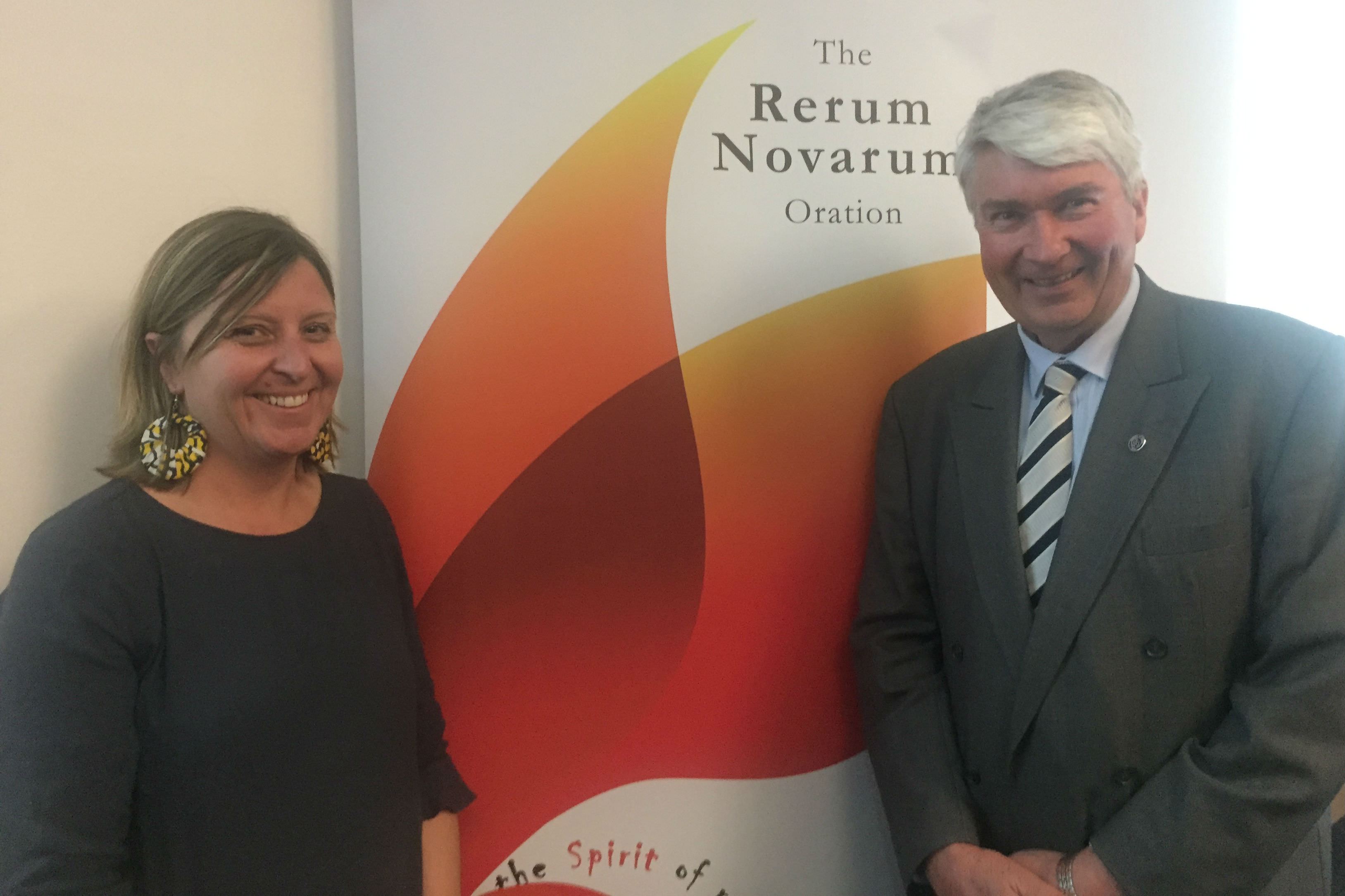
RELIGION
- Frank Brennan
- 08 November 2017
'We need to recommit to work for all those who are able and willing. We need to recommit to social assistance for all those who are not able. We need to ensure that a life of frugal dignity is within the grasp of all citizens.' 2017 Rerum Novarum Oration by Fr Frank Brennan SJ
READ MORE
-
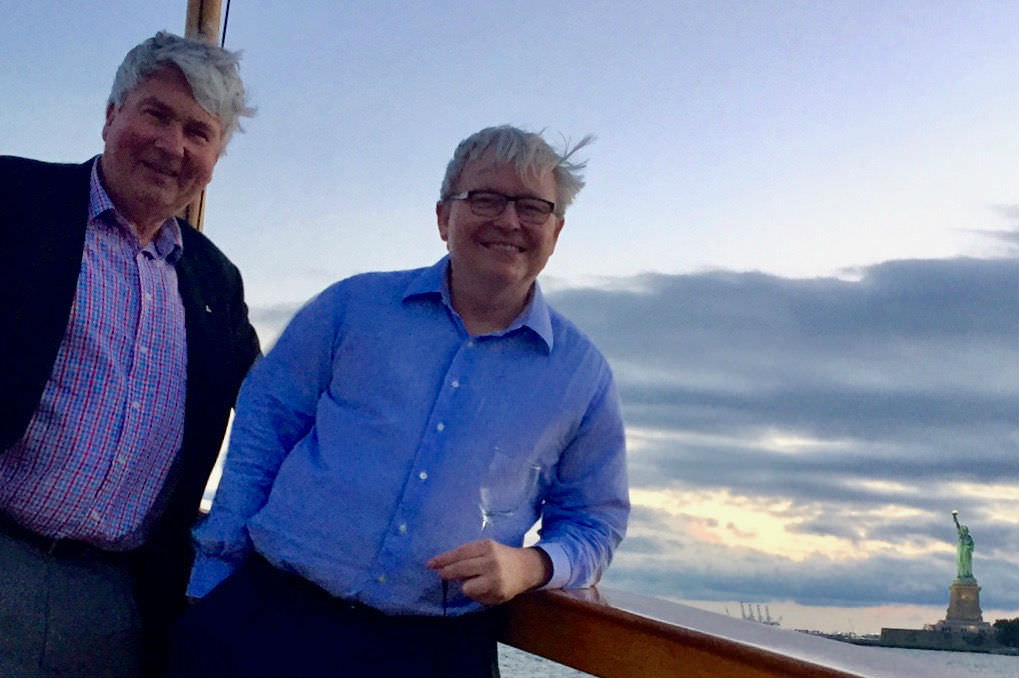
AUSTRALIA
- Frank Brennan
- 30 October 2017
9 Comments
The ogre in the book is John Howard, whom Rudd holds personally responsible for the attacks on Therese's decency and integrity in the lead up to the 2007 election. Rudd contends this 'cowardly behaviour' should not be forgotten, 'If only because this same ruthlessness remains a core part of the conservative DNA to this day'.
READ MORE 
-

RELIGION
- Frank Brennan
- 26 October 2017
9 Comments
The first thing to note about this 500th anniversary of the Reformation is that it is the first centenary celebration or commemoration that we have been able to share together and without rancour.
READ MORE
-
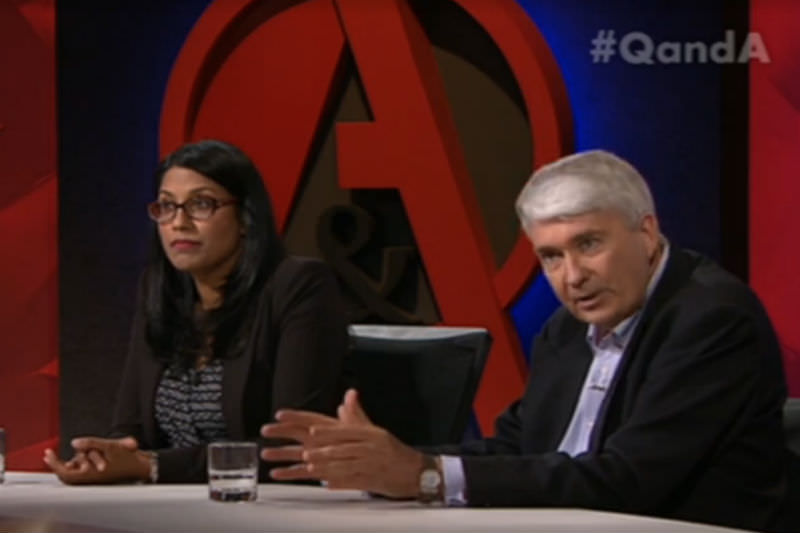
RELIGION
- Frank Brennan
- 25 October 2017
76 Comments
I said I would be very happy to play second fiddle. I wanted my presence to assist a respectful dialogue. I wanted to make it clear that a thinking and compassionate Catholic could have good reasons for voting yes. I wanted to insist that respect and endorsement of loving same sex relationships did not preclude consideration of issues such as freedom of religion.
READ MORE 
-
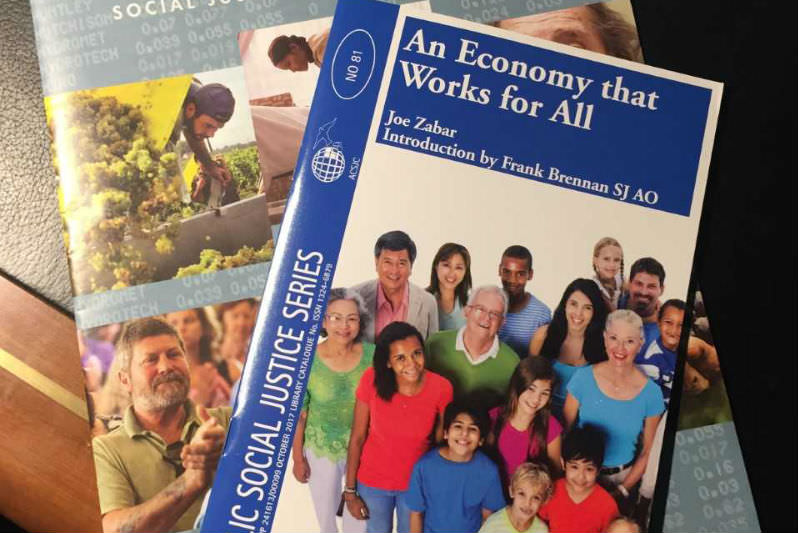
ECONOMICS
- Frank Brennan
- 18 October 2017
10 Comments
The promise of riches from the trickle-down effect is at best patchy for many Australians, and non-existent for others. Continuing with the same economic and social policy settings will exacerbate the already growing divide between the rich and the poor and eventually damage the economy to such an extent that it has a detrimental effect on everyone.
READ MORE 
-
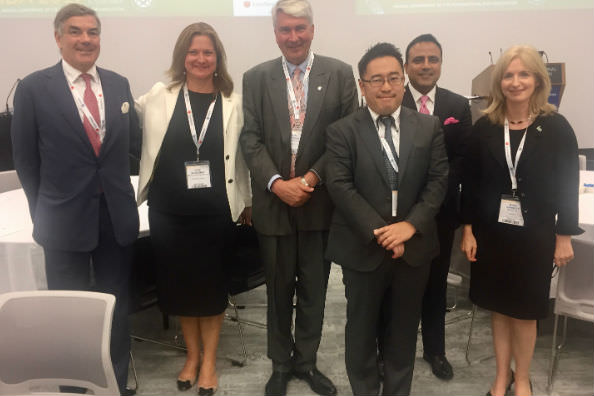
INTERNATIONAL
- Frank Brennan
- 12 October 2017
In the 16th century it was the Dominican friars like Vitoria, Las Casas and Montesino in Salamanca who confronted the state and challenged public opinion about the rights of the indigenous peoples in Spain's newly colonised lands. Not even the most nostalgic and forgiving Jesuit would opine that the modern practitioners of Morality with a capital M challenging the powers of the market and the state would be found in a modern monastery.
READ MORE
-
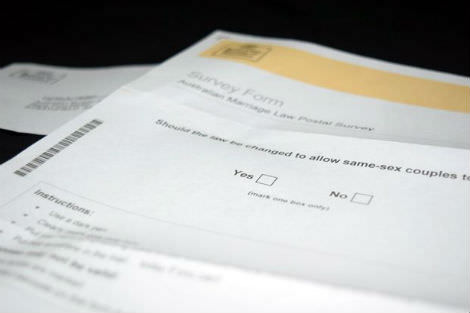
RELIGION
- Frank Brennan
- 25 September 2017
125 Comments
For many Catholic voters, this has been a difficult issue because for the first time in their lives they have found themselves in the same position which our politicians find themselves every time they have to vote on contested moral and political questions in parliament. They don't find themselves getting all that much help from official church declarations. This is no criticism of our bishops. They are the custodians of a tradition which has been somewhat skewed on this issue for a long time.
READ MORE 
-
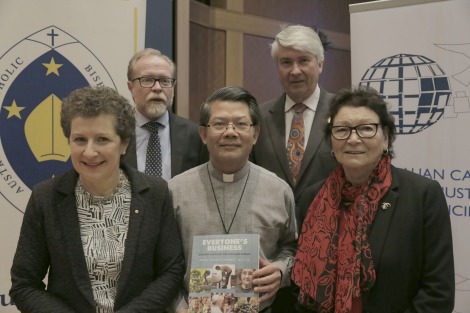
RELIGION
- Frank Brennan
- 11 September 2017
2 Comments
The real call of Everyone's Business is to move beyond them and us to admitting that there is only us. If we are truly to build an inclusive and sustainable economy, it can't be just those in full time paid employment who are part of that economy. We take seriously the principles of neo-liberalism, letting the market decide. But we set limits on the market for the common good.
READ MORE
-
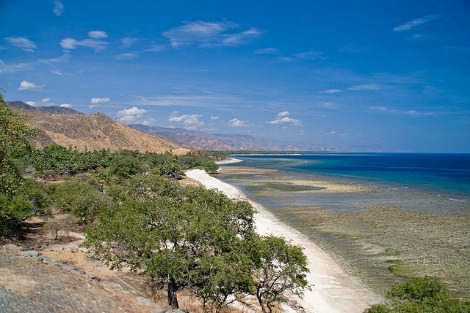
RELIGION
- Frank Brennan
- 04 September 2017
1 Comment
It is very good news that the two governments have reached agreement on 'a pathway to the development of the resource, and the sharing of the resulting revenue'. Given the stand-off in the South China Sea, Timor's agent Agio Pereira is right to express pride and satisfaction that 'with our joint success at resolving our dispute through this conciliation process, Timor-Leste and Australia hope to have set a positive example for the international community at large'.
READ MORE
-

RELIGION
- Frank Brennan
- 03 September 2017
7 Comments
It is important for us to understand that a Catholic could vote 'yes' or 'no' in the forthcoming survey. It is not for me as a priest or for any bishop to tell you how to vote. I have been happy to tell people how I will be voting, but I have no interest in campaigning and urging my fellow Catholics or even my fellow citizens to vote a particular way. As with most public controversies arguments appealing to Catholics of good will can be made for either side in the dispute — as to what constitutes the common good, and as how best to respect the rights and entitlements of all persons, including children.
READ MORE
-

RELIGION
- Frank Brennan
- 30 August 2017
6 Comments
'There was one controversy in which Lionel Bowen was involved that does provide good lessons for the contemporary Catholic considering the desirable law or social policy on a contested issue - lessons for the citizen weighing what is for the common good. Back in 1979 there was debate in the Parliament on a motion which was framed to stop Medicare funding of abortions. Bowen, a strict Catholic, was strongly opposed to the motion. He did not think the motion was about abortion. He thought it was about money.' Frank Brennan's 2017 Lionel Bowen Lecture
READ MORE